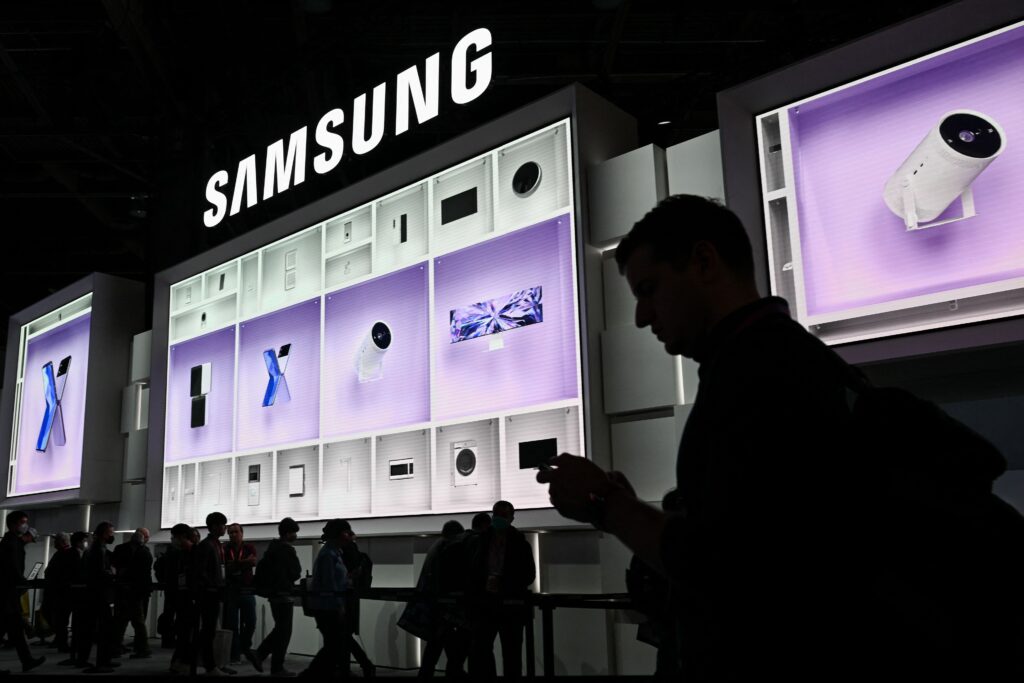The Biden administration is set to announce a significant investment of over $6 billion in Samsung, a South Korean tech giant, to bolster chip production in Taylor, Texas.
This initiative is part of a broader strategy to enhance the United States’ semiconductor manufacturing capabilities.
The funding, to be disclosed by Commerce Department Secretary Gina Raimondo, will facilitate the construction of four new facilities in Taylor.
This includes a $17 billion chipmaking plant previously revealed by Samsung in 2021, alongside another factory, an advanced packaging facility, and a research and development center.
Additionally, the investment encompasses another project in an undisclosed location, aiming to more than double Samsung’s investment in the U.S. to above $44 billion.
Despite reaching out, the Commerce Department, Samsung, and the office of Texas Governor Greg Abbott have yet to comment on the matter.
This funding positions Samsung as a significant beneficiary under the program, following Taiwan’s TSMC, which recently received $6.6 billion to expand its operations and pledged to increase its investment to $65 billion, including a new factory in Arizona by 2030.
This announcement is part of a series of substantial Chips and Science grants, following the 2022 approval of the Chips and Science Act by Congress.
The Act provides $52.7 billion for research and manufacturing subsidies to stimulate domestic semiconductor production and counteract investments that might otherwise flow to China.
Additionally, the Act includes $75 billion in government loan authority, though Samsung does not plan to utilize these loans.
The Chips Act aims to diminish the U.S.’s reliance on semiconductor manufacturing in China and Taiwan, responding to a decline in the U.S.’s share of global semiconductor manufacturing capacity from 37% in 1990 to 12% in 2020.
While U.S. President Joe Biden is not expected to attend the unveiling, the participation of Texas Governor Greg Abbott has been confirmed.
The focus on Texas for Samsung’s expansion contrasts with TSMC and Intel’s investments in Arizona, a key swing state, highlighting the complex interplay between technology investments and political considerations.
